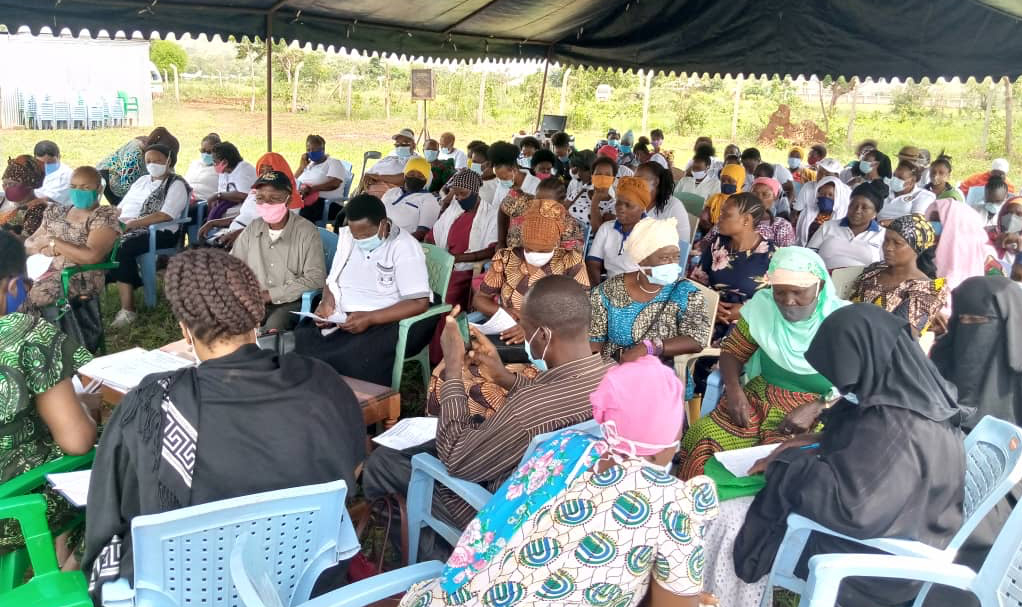


Prioritizing Maternal health in Tanzania
Although a great deal of progress has been made all over the world in the past decade, according to the United Nations, every 11 seconds, a pregnant woman or newborn dies. In a recent report, UNICEF said that complications in pregnancy were the leading cause of death among girls aged 15 to 19.
Improving maternal and infant care is therefore a top public health priority for developing countries, and an issue to which TSF is devoting an increasing amount of time and resources.
According to UNICEF (2015), 27% of Tanzanian women have their first child before age 18. So, TSF has undertaken two projects to improve maternal and neonatal health services and care for women and teenage girls.
Neema health centre
With support from Fondation Louise-Grenier, TSF helped rehabilitate the Neema health centre’s maternal and neonatal department (paint, window, toilet, sink) and its equipment (ultrasound machine, incubator, vacuum extractor, maternity bed sheets, etc.). Health officers also had the opportunity to participate in capacity building and training in emergency obstetric and pediatric care. Awareness activities on marriage, teen pregnancy, HIV/AIDS, sexually transmitted infections, sexual violence, gender equality and other topics were also held for women and teenage girls. Information on the importance of pre- and postnatal visits, hygiene, nutrition and family planning was provided to women of childbearing age.
Huruma Hospital
Another project, supported by the Roncalli International Foundation, was carried out in the Kilimanjaro region to improve the maternal health department at Huruma Hospital, which serves a poor and isolated community of more than 330,000 people through its four health centres and 43 dispensaries.
The first part of the project involved rehabilitating the building housing the hospital’s maternity ward and equipping it with delivery beds, an incubator, a fetal monitor, wheelchairs and stretchers.
“The labour room is now protected against mould, dust and flies. Furthermore, with the new equipment, staff can work much more efficiently, and mothers and babies receive better care and are safer,” said Matilda Kavishe, a senior maternity employee at Huruma Hospital, where approximately 2,500 women give birth every year.
The second part of the project involved protecting staff and women giving birth from COVID-19 by providing adequate equipment, training medical personnel on preventive measures and raising awareness among hospital patients.